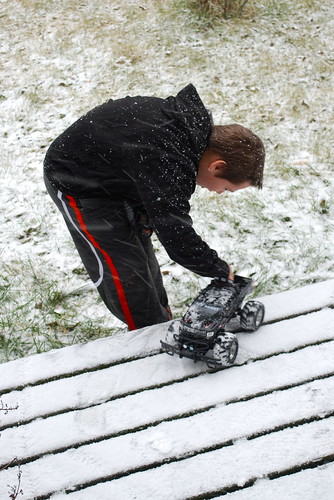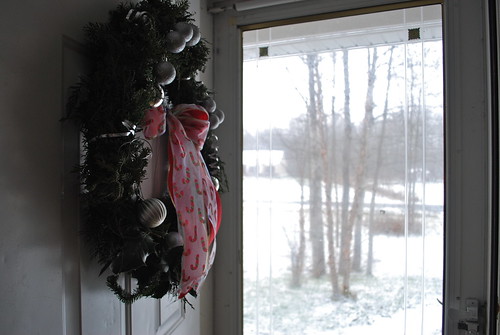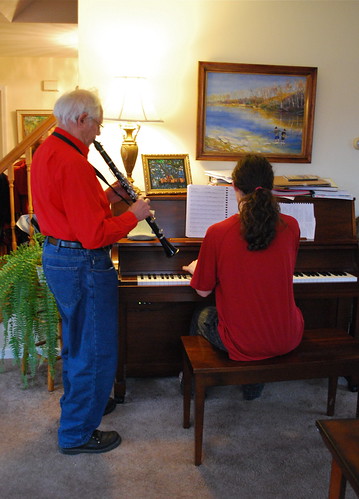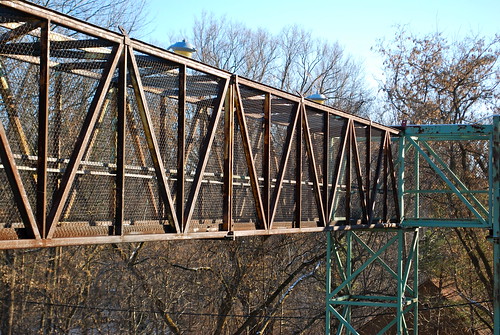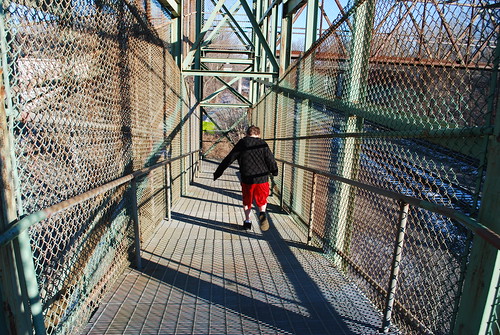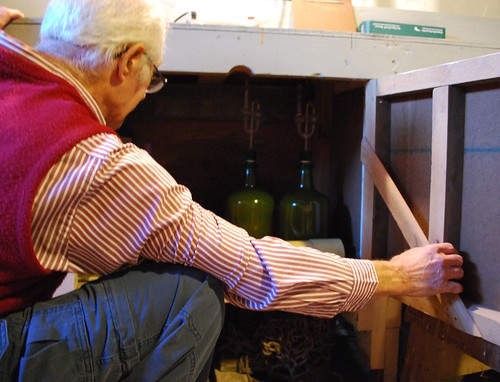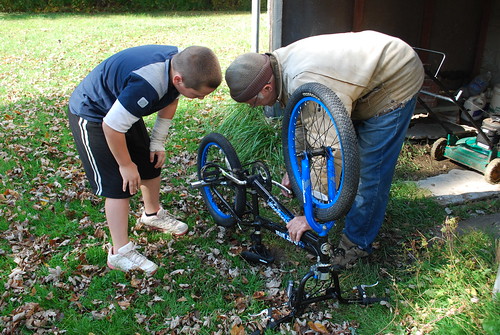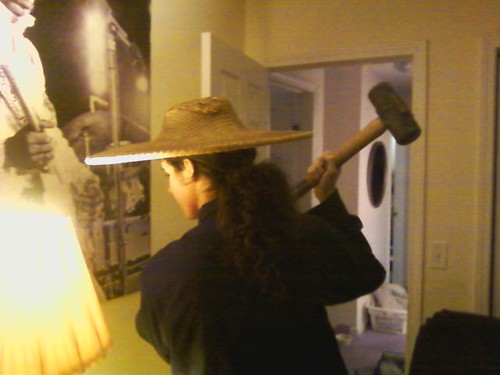“I’m not supposed to tell you,” said Little Biker Boy, the ten-year-old who used to live down the street from me. But then he confided in me anyhow, as he usually does.
“My bike is broken,” he said. He kept trying to explain the problem, but he was so upset that his words made no sense. He’s a child who gets frustrated and angry easily, and he becomes inarticulate when that happens.
“My mother’s angry. She says it’s my fault,” he said. “The bike – there was a chain guard – and I adjusted the thing – and it skips – and now when I – and it’s broken – and my mother’s angry.”
“Hang on for a minute,” I asked him. “Finish your sandwich, and we’ll talk about it.”
I have no expertise when it comes to fixing bikes, but I tried to think of who could help. My husband and Boy in Black, both pretty mechanical, were out of town. Snowboarding Neighbor Boy, who used to fix everyone’s bikes and would be the first person I’d call, is off at school learning the culinary arts. Then I thought of my father. He spent his childhood and teenage years riding a bicycle everywhere, and he’s good at fixing stuff.
“Let’s go get your bike,” I said to Little Biker Boy. “We’ll put it in the trunk of the car and take it to my parents’ house.”
Getting the bike out of his mother’s apartment was difficult. His mother was angry. “It’s his fault the bike is broken,” she screamed. “I told him not to touch it. He adjusted the handlebars. He loosened the back tire and now it’s broken. I told him not to touch it.”
I said little to her, but put the kid and the bike in my car, and quietly drove away. Then I tried to calm Little Biker Boy down on the way to my parents’ house.
“It’s not your fault,” I kept assuring him. “Adjusting the handlebars, tightening the chain, playing around with the bike – that’s how kids learn about bikes. You were just acting like a normal kid with a bike. You
did nothing wrong.”
My parents know Little Biker Boy — and his background. My mother gave him a hug as we came through the front door. Little Biker Boy went running through the house to find my father. “Can you look at my bike?” he
asked, and then went into an incoherent explanation of what was wrong with it.
“Bring it around to the backyard,” my father said. “I’ll get my tools.”
“When I pedal – that thing in the back – and then it skips – and it’s broken – and I wasn’t even going fast –” Little Biker Boy began yelling.
“I’ll meet you in the backyard,” my father said and went down into the basement to get his tools.
Yellow leaves were drifting to the ground in the backyard. My father turned the bike upside and looked at it carefully, while Little Biker Boy kept running around, kicking things and yelling. Every once in a while, my
father was able to get his attention, but then he’d start moving again, agitated. My mother talked to him calmly, and in return, he kept telling her crazy stories. “I used to have 50 bikes when I lived with my Dad,” he said. “I went on television and did tricks with the bikes.”
My father examined the bike and then told me exactly what was wrong with it: “See this gear here? It’s not working correctly. It’s already worn. That’s making the bike skip.” He gave his final verdict: “I can’t fix it. You ought to take it back to the store. You still have the receipt?”
With the bike back in the trunk of my car, we drove to my house. “Why are we going to your house? We need to get my bike fixed!” Little Biker Boy kept saying.
“I need to get the receipt,” I explained for the fourth time. “To prove that I bought the bike.”
“They don’t need a receipt,” Little Biker Boy argued. “I know this store. They will fix the bike for thirty-five dollars.” I have no idea where he came up with that price.
“Little Biker Boy’s here!” I called as I entered the house. My kids know what that means, and I could hear Shaggy Hair Boy quickly putting away laptop computers. When Little Biker Boy is in a frustrated mood, it’s best to keep
sensitive electronic equipment safely out of his reach.
I convinced Little Biker Boy to run around outside the house a little bit — just to let off some of his energy and anxiety — and then with the receipt in hand, I drove the bike to the store where we’d bought it last
month.
“Hey, I remember you,” said the burly guy who had put the bike together for us. Little Biker Boy is hard to forget. I told Burly Guy what my father had said about the bike.
“You’re the third person to bring back one of these bikes,” Burly Guy said. “There’s something wrong with them.” He convinced the manager to give us a new bike in exchange for the broken one. Little Biker
Boy was so excited by this news that he ran over and hugged Burly Guy.
We picked out the new bike, and Burly Guy showed Little Biker Boy how to adjust the handlebars, tighten the chain, stuff like that. He repeated what I had said. “No, you didn’t break that bike. It was a
manufacturing defect. It wasn’t your fault.”
We stopped at my parents’ house to test out the bike. They live on a deadend street, and they both came out in the fall sunshine to watch as Little Biker Boy pedaled up and down the road, yelling with excitement
as he went. “A kid like that needs a bike,” my father said as we watched. I nodded in agreement.




